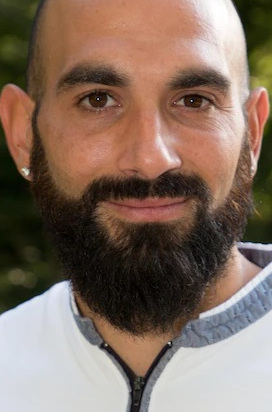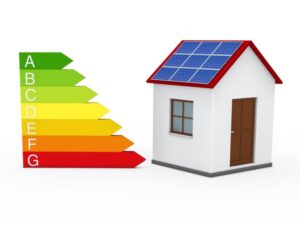Ways to say thank you
Ways to say thank you
examples of gratitude
65 Other ways to say “thank you” in speaking and writinghow to say thank you! List of 65 powerful ways to say thank you in English with pictures and video lessons. Learn thesethank you synonyms of to expand your vocabulary and improve your English communication skills.
Learn how to say thank you in a meaningful way in English with pictures.1.Thank you2.Thank you very much3.Thank you very much4. Thank you a lot5. Thank you very much6. That’s very kind of you7. I really appreciate it8. Thank you for everything9. I owe you one10. I really appreciate your help
11. I am very grateful12. Thanks a million 13. Thank you for everything14. Thank you so much15. I can’t thank you enough16. I can’t express my gratitude17. I appreciate your time18 Thanks a million to you19. I owe you big time20. I really appreciate you
Thank you so much22. How kind of you23. I will always be grateful24. Please accept my deepest thanks25. You are too kind26. You are an angel27. You are the best28. You have my gratitude29. You made my day30. You saved my day
saying thank you in english
What’s the best way to say thank you – are you a thankful person? Think again… You’ve probably realized that you can be a little more so, and if you already are, you can certainly do better. In what ways? Take care of these 6 principles:
With a simple gesture we have the possibility to reinforce the self-esteem of the person who has done us the favor. On the other hand, from a more egomaniacal point of view, by saying thank you, we get the person to increase their predisposition to do us this favor again in the future or to do us a different one.for example, take a few minutes on Friday to evaluate what happened during the week. What has worked for me this week and what has not? What would be beneficial to carry out next week? This will help you self-evaluate what went well and what didn’t, as well as help you to be happier and go into the next week stronger.3. Create a positive ripple effect and self-praiseTalk to your family, friends and colleagues to let them know how important they are to you. This will create a ripple effect that will “spread” your positive attitude to others.
another word for thank you
What’s the best way to say thank you – are you a thankful person? Think again… You’ve probably realized that you can be a little more so, and if you already are, you can certainly do better. In what ways? Take care of these 6 principles:
With a simple gesture we have the possibility to reinforce the self-esteem of the person who has done us the favor. On the other hand, from a more egomaniacal point of view, by saying thank you, we get the person to increase their predisposition to do us this favor again in the future or to do us a different one.for example, take a few minutes on Friday to evaluate what happened during the week. What has worked for me this week and what has not? What would be beneficial to carry out next week? This will help you self-evaluate what went well and what didn’t, as well as help you to be happier and go into the next week stronger.3. Create a positive ripple effect and self-praiseTalk to your family, friends and colleagues to let them know how important they are to you. This will create a ripple effect that will “spread” your positive attitude to others.
how to respond to a thank you
A simple “thank you” can pack more punch than you can imagine. Praising people to show gratitude can make their day; and the best part, you can do it during a work meeting in the boardroom, in a Slack conversation, or privately outside of work.
Expressing and receiving gratitude, particularly at work, is linked to increased productivity and efficiency. When your team feels appreciated and valued, the benefits are invaluable.
In a 2011 study, Adam Grant and Francesca Gino found that a thank you helps substantially. In four experiments, they found that participants who were thanked for their participation experienced a stronger sense of self-sufficiency and social esteem, which motivated them to engage in pro-social activities. The study also found that when it comes to pro-social behavior, feeling valued is more important than feeling competent.
Relacionados
Get adobe flash player
Cobra kai en español
Ups precios de envios
Las mejores cosas de la vida frases
Western union enviar dinero
Star wars george lucas
Como curar la ansiedad sin medicacion
Como llevar una vida sana
Manipular a un manipulador
5 personas mas ricas del mundo
Como funciona fotos
Te pueden hackear el móvil por whatsapp
Most liked photo on instagram
Creacion pagina web gratis
Canciones de cumpleaños mexicanas
Mejores ideas de negocio
Como hacer un ecommerce
Best companies to work






